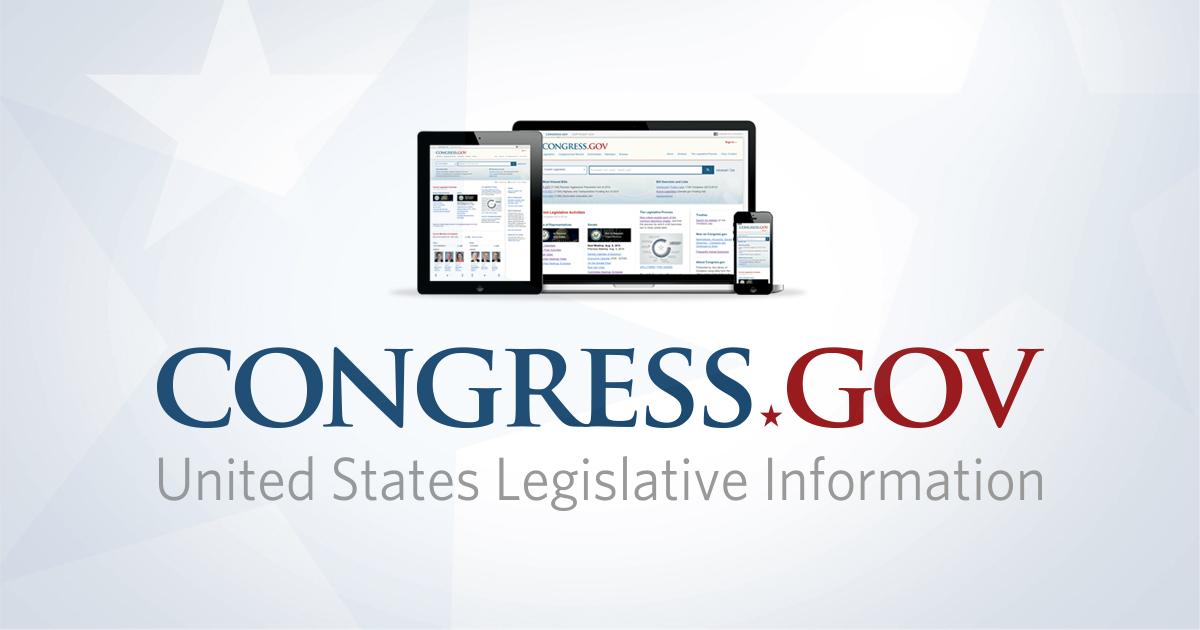House Rebukes Trump Administration withholding a whistleblower complaint!


RESOLUTION
Expressing the sense of the House of Representatives with respect to the whistleblower complaint of August 12, 2019, made to the Inspector General of the Intelligence Community.
Whereas the Permanent Select Committee on Intelligence of the House of Representatives (in this resolution referred to as the “Committee”) is charged with oversight of the intelligence community of the United States and all intelligence-related activities and programs of the Federal Government;
Whereas Federal statutes set forth a procedure for employees, assignees, detailees, and contractors of an element of the intelligence community to disclose classified information related to “urgent concerns” to the Office of the Inspector General of the Intelligence Community (in this resolution referred to as the “Inspector General”) and to the congressional intelligence committees (as defined by section 3 of the National Security Act of 1947 (50 U.S.C. 3003)) in a manner that protects whistleblowers from reprisal and threats of reprisal while also protecting the national security of the United States, including pursuant to section 103H(k)(5) of such Act (50 U.S.C. 3033(k)(5)) and section 8H of the Inspector General Act of 1978 (5 U.S.C. App.);
Whereas an “urgent concern” is defined by section 103H(k)(5)(G)(i) of the National Security Act of 1947 (50 U.S.C. 3033(k)(5)(G)(i)) to include “[a] serious or flagrant problem, abuse, violation of law or Executive order, or deficiency relating to the funding, administration, or operation of an intelligence activity within the responsibility and authority of the Director of National Intelligence involving classified information, but does not include differences of opinions concerning public policy matters”;
Whereas since at least the establishment of the Inspector General in 2010, the Director of National Intelligence and the Inspector General have never withheld from the Committee a whistleblower complaint under section 103H(k)(5) of the National Security Act of 1947, regardless of whether the complaint was determined to be credible or satisfy the definition of “urgent concern”;
Whereas, on August 12, 2019, the Inspector General received a complaint (in this resolution referred to as the “Complaint”) from an employee, assignee, detailee, or contractor of an element of the intelligence community (in this resolution referred to as the “Whistleblower”) regarding an “urgent concern” that the Whistleblower intended to report to Congress;
Whereas the independent Inspector General, within the 14-day period required by section 103H(k)(5)(B) of the National Security Act of 1947 (50 U.S.C. 3033(k)(5)(B)), conducted a preliminary review to determine whether the information alleged in the Complaint appeared credible and whether it met the statutory definition of an “urgent concern”;
Whereas the Inspector General concluded that the Complaint appeared credible and that it met the statutory definition of an “urgent concern”;
Whereas, on August 26, 2019, as required by section 103H(k)(5)(B) of the National Security Act of 1947, the Inspector General transmitted the Complaint, accompanying materials, and the Inspector General’s determination that the Complaint was a credible urgent concern, to the Acting Director of National Intelligence (in this resolution referred to as the “Acting Director”);
Whereas section 103H(k)(5)(C) of the National Security Act of 1947 (50 U.S.C. 3033(k)(5)(C)) states unambiguously that the Director of National Intelligence “shall, within 7 calendar days of such receipt, forward such transmittal to the congressional intelligence committees, together with any comments the Director considers appropriate”;
Whereas contrary to section 103H(k)(5)(C) of the National Security Act of 1947, the Acting Director, in consultation with the Department of Justice, which conducted its own fact-specific analysis, attempted to overrule the independent Inspector General’s determination and the law, claiming that the Complaint did not meet the statutory definition of an “urgent concern” because the Complaint did not “relate to the funding, administration or operation of an intelligence activity within the responsibility and supervision of the DNI” and that no statute—including statutes governing whistleblowers—requires disclosure of the Complaint to the congressional intelligence committees;
Whereas the Acting Director has breached his obligations under section 103H(k)(5)(C) of the National Security Act of 1947, and potentially other statutes, by refusing to transmit the Complaint to the congressional intelligence committees by no later than September 2, 2019;
Whereas the Inspector General, in explaining his disagreement with the Acting Director to the congressional intelligence committees, and his view as to why the Complaint readily met the definition of an “urgent concern”, observed that the Complaint “relates to one of the most significant and important of the DNI’s responsibilities to the American people”;
Whereas the Trump Administration’s interpretation of section 103H(k)(5) of the National Security Act of 1947 represents a stark and unprecedented break with how whistleblower procedures have been interpreted in the past, raises serious and related questions about the application of Federal laws relating to whistleblowers, and undermines the Committee’s statutory oversight over elements of the intelligence community and intelligence-related activities and programs of the Federal Government;
Whereas, on September 9, 2019, the Inspector General notified the Committee of the Complaint and the Acting Director’s refusal to transmit the Complaint to the congressional intelligence committees;
Whereas, on September 13, 2019, in accordance with the Rules of Procedure of the Committee and the Rules of the House of Representatives for the 116th Congress, the Committee served a subpoena (in this resolution referred to as the “Subpoena”) to the Acting Director to produce to the Committee the Complaint and accompanying materials, the Inspector General’s credibility determination, and any and all records related to the decision to withhold the Complaint from the Committee;
Whereas the Acting Director, notwithstanding the Subpoena and in violation of a clear statutory command, continues to refuse to transmit the Complaint and the Inspector General’s determination to the Committee;
Whereas notwithstanding a specific request from the Inspector General, the Acting Director has refused to provide direction to the Whistleblower, through the Inspector General, on how to contact the congressional intelligence committees directly “in accordance with appropriate security practices” pursuant to clauses (i) and (ii) of section 103H(k)(5)(D) of the National Security Act of 1947 (50 U.S.C. 3033(k)(5)(D)(i) and (ii));
Whereas, as a direct result of the Acting Director’s violation of a clear and lawful statutory directive, the Committee is not fully and currently informed of alleged significant problems and deficiencies relating to programs and activities within the responsibility and authority of the Director of National Intelligence, and the Committee is unable to exercise its constitutionally mandated oversight, investigative, and legislative responsibilities;
Whereas a Washington Post article on September 20, 2019, reported that the White House Counsel “has been engaged in the matter since shortly after the whistleblower action surfaced … helping to identify legal obstacles to the sharing of information that could be politically damaging to [President Donald J.] Trump”;
Whereas only days after the Director of National Intelligence assured Congress that the Whistleblower would be protected against “any retaliation or adverse consequence”, President Donald J. Trump himself publicly has derided the Whistleblower as “a political hack job” and a “partisan person” and questioned whether the Whistleblower is “on our Country’s side”; and
Whereas allegations of such unprecedented and highly inappropriate efforts by President Donald J. Trump, and White House and other senior officials of the Trump Administration to—
(1) discredit the Whistleblower and other lawful whistleblowers;
(2) influence the Acting Director to violate a clear statutory command; and
(3) not comply in full with the Subpoena,
embody a serious breach of the obligation imposed by article II, section 3 of the Constitution of the United States on the President and the subordinates of the President to ‘take care that the Laws be faithfully executed’: Now, therefore, be it
Resolved, That it is the sense of the House of Representatives that—
(1) the Acting Director immediately must remedy the executive branch’s continuing violation of section 103H(k)(5) of the National Security Act of 1947 (50 U.S.C. 3033(k)(5)) and related provisions of law—
(A) by forwarding the Complaint, accompanying materials, the Inspector General’s determination that the Complaint was a credible urgent concern, and any comments the Acting Director considers appropriate, to the congressional intelligence committees; and
(B) by providing to the Whistleblower, through the Inspector General, any necessary direction on how to contact the congressional intelligence committees directly and in accordance with appropriate security practices;
(2) the Acting Director immediately must comply in full with the Subpoena;
(3) the Acting Director immediately must take affirmative, public steps to ensure that the Whistleblower and any other person who may have knowledge with respect to the allegations contained in the Complaint, are fully protected from any and all reprisal or threats of reprisal, as a consequence of such reporting;
(4) the Acting Director, the Department of Justice, and the White House immediately must preserve all records, documents, communications, and other information, regardless of form, which may refer or relate to allegations advanced by the Complaint, including the decision to withhold the Complaint from the congressional intelligence committees; and
(5) President Donald J. Trump, his associates, and senior officials of the Administration immediately must cease their public efforts to discredit the Whistleblower, as well as others who may have knowledge with respect to the allegations contained in the Complaint.



